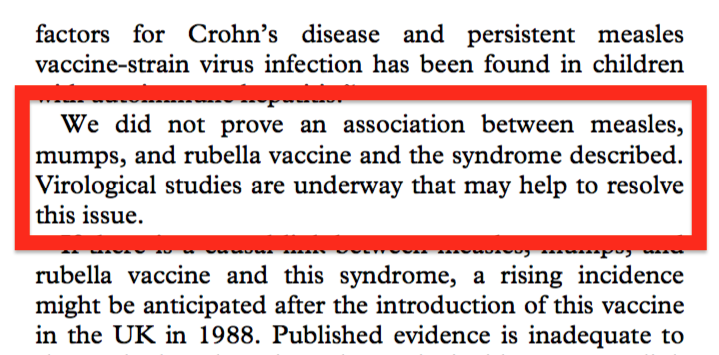NO TRADITION IS sacred—not even trick-or-treating. In recent Halloween festivities, many Americans switched to trunk-or-treating. Instead of going door-to-door on neighbourhood streets, children shuffled between cars in parking lots and collected candy from their open boots, which were bedecked by giant spiders and terrible ghouls. It was the latest demonstration of something that has long been true: cars have a remarkably tight grip on American life. America is far more car-reliant than any other big country, averaging roughly two vehicles per household. This, in turn, is linked to many ills: obesity, pollution, suburban sprawl and so on.沒有什麼傳統是神聖不可改變的,就連“不給糖就搗蛋”也不例外。在最近的萬聖節活動中,許多美國人把它改成了“後備箱討糖”。孩子們不再在街區里挨家挨戶地敲門,而是在停車場的汽車之間穿梭,從裝飾着巨型蜘蛛和可怕鬼怪的敞開的後備箱裡收集糖果。這再次反映了長期以來的一個事實:汽車在美國人的生活中擁有驚人的支配力。美國對汽車的依賴遠遠超過任何其他大國,平均每個家庭大約擁有兩輛車。而這又與許多弊病相關聯:肥胖、污染、郊區無序擴張等。
urban/suburban sprawl 郊區無序擴張 (wiki: 城市/郊區蔓延)

 Le sue osservazioni (questa volta l'associazione vaccino MPR-autismo venne veramente confermata) furono suffragate da centinaia di studi usciti successivamente e che stanno uscendo ancora oggi, ad oltre 20 anni di distanza.. Ecco la verità raccontata dal Dr A.J. Wakefield in un'intervista rilasciata in Italia il 6 Giugno 2019.
Le sue osservazioni (questa volta l'associazione vaccino MPR-autismo venne veramente confermata) furono suffragate da centinaia di studi usciti successivamente e che stanno uscendo ancora oggi, ad oltre 20 anni di distanza.. Ecco la verità raccontata dal Dr A.J. Wakefield in un'intervista rilasciata in Italia il 6 Giugno 2019.